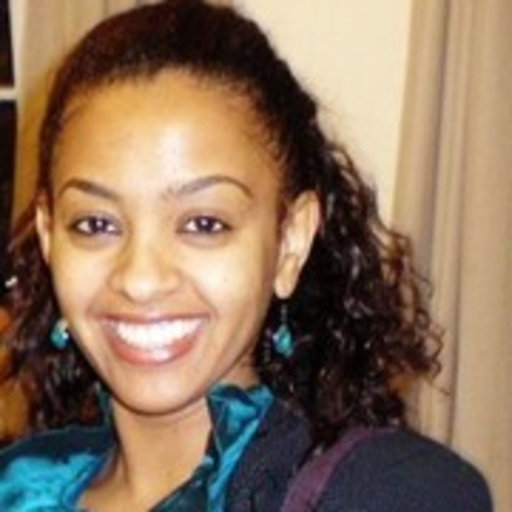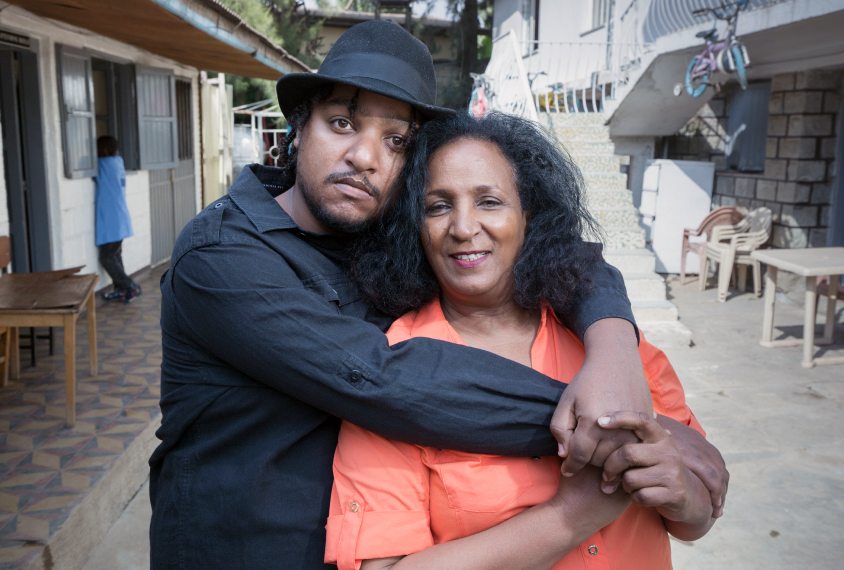Bethlehem Tekola is research associate at the Institute of Psychiatry, Psychology and Neuroscience at King’s College London in the United Kingdom.

Bethlehem Tekola
Research associate
King’s College London
From this contributor
Remembering Zemi Yenus: An ambassador for autism in Africa
Zemi Yenus was the mother of a child with autism, founder of Ethiopia’s first school for autistic children and a tireless advocate for autism awareness and research in Africa.

Remembering Zemi Yenus: An ambassador for autism in Africa
Explore more from The Transmitter
Shifting neural code powers speech comprehension
Dynamic coding helps explain how the brain processes multiple features of speech—from the smallest units of sounds to full sentences—simultaneously.

Shifting neural code powers speech comprehension
Dynamic coding helps explain how the brain processes multiple features of speech—from the smallest units of sounds to full sentences—simultaneously.
Astrocytes orchestrate oxytocin’s social effects in mice
The cells amplify oxytocin—and may be responsible for sex differences in social behavior, two preprints find.

Astrocytes orchestrate oxytocin’s social effects in mice
The cells amplify oxytocin—and may be responsible for sex differences in social behavior, two preprints find.
Neuro’s ark: Spying on the secret sensory world of ticks
Carola Städele, a self-proclaimed “tick magnet,” studies the arachnids’ sensory neurobiology—in other words, how these tiny parasites zero in on their next meal.

Neuro’s ark: Spying on the secret sensory world of ticks
Carola Städele, a self-proclaimed “tick magnet,” studies the arachnids’ sensory neurobiology—in other words, how these tiny parasites zero in on their next meal.